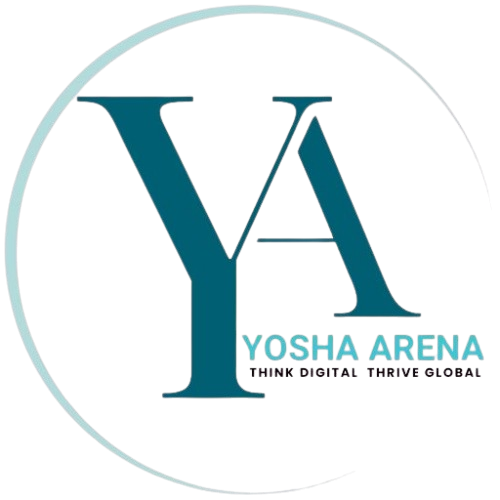
Content Marketing vs. Content Strategy: Why the Difference Matters 🧩
In the world of digital marketing, we throw around a lot of terms—SEO, lead gen, engagement, conversion—but few spark more confusion (or get misused more often) than content marketing and content strategy.
Think they’re the same thing? Let’s set the record straight—because knowing the difference could be the key to unlocking serious results for your business.
1. Content Marketing: The Action 📌
Content marketing is all about execution—the blogs, videos, infographics, podcasts, and posts that reach, engage, and convert your audience.
It focuses on:
- Publishing high-quality, relevant content
- Promoting that content across channels
- Driving measurable results like traffic, leads, and sales
Imagine content marketing as your digital voice. It’s what people see, read, watch, and interact with.
2. Content Strategy: The Blueprint 🧠
Content strategy defines the “why, who, when, where, and how” of your content efforts. It’s the framework that gives your content marketing purpose and direction.
It includes:
- Audience personas and journey mapping
- Brand voice and tone guidelines
- Channel selection and messaging architecture
- Goals, KPIs, editorial calendars
Without strategy, content is just noise. With strategy, it’s a symphony.
3. Side-by-Side Breakdown ⚖️
When comparing content strategy to content marketing, it helps to think of one as the blueprint and the other as the execution. Let’s break it down:
- Purpose: Content strategy is all about planning and ensuring your content aligns with business goals. Content marketing, meanwhile, is focused on delivering that content to achieve specific marketing results, like generating leads or growing brand awareness.
- Focus: Strategy covers the research, structure, and planning that supports content creation. It’s about understanding your audience, setting goals, and building a strong foundation. Marketing puts that plan into action—it’s the blog posts, social campaigns, videos, and promotions that push content into the world.
- Timeline: Content strategy operates on a long-term horizon. It’s the steady framework that guides decisions over months or even years. In contrast, content marketing is ongoing and often real-time, adjusting to trends and campaign needs as they arise.
- Outcome: The strategy brings clarity, consistency, and direction. It ensures everything you create fits your brand and mission. Marketing, on the other hand, drives performance—things like traffic, engagement, and conversions.
- Key Question: Content strategy asks, “What content should we create—and why?” Content marketing follows up with, “How do we deliver content that performs?”
4. Why the Difference Really Matters 🧩
If you jump straight into content marketing without strategy, you risk:
❌ Talking to the wrong audience
❌ Sharing content that doesn’t convert
❌ Inconsistent messaging that dilutes your brand
❌ Wasting time and money on guesswork
But when strategy and marketing work together?
✅ You reach the right people at the right time
✅ Your content becomes valuable, not just visible
✅ You build long-term trust and credibility
Final Thoughts 🚀
At Yosha Arena, we don’t just write blog posts and shoot videos—we build content systems that work. Strategy is your compass. Marketing is your movement. Don’t do one without the other.
Need help building your brand’s voice and making it heard? Let’s craft a strategy-first content plan that delivers results.

